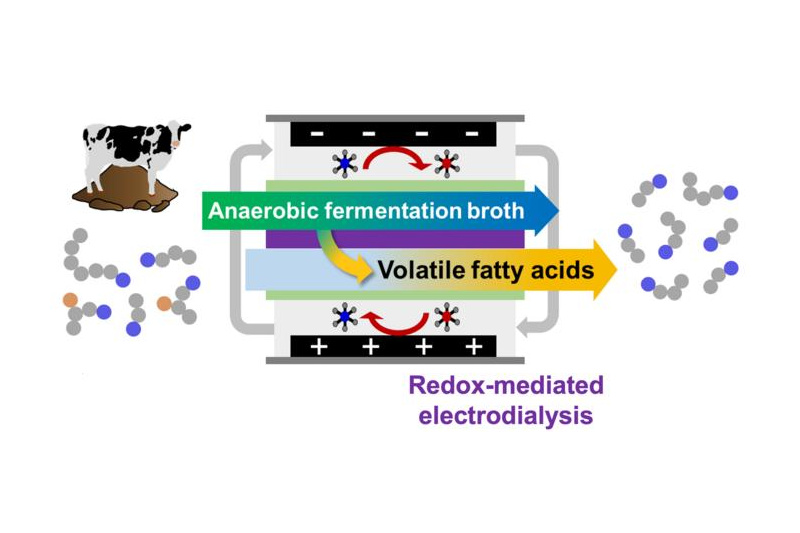

The key to preventing asthma and reducing allergies may lie in an unexpected source: parasitic worms. Researchers at Trinity College Dublin have managed to cure experimental asthma in the lab using a live worm, the first time a human parasite has been used for this purpose. Dr Padraic Fallon from the Department of Biochemistry at Trinity College Dublin will present these findings at the BA Festival of Science on Monday 5 September.
The UK and Ireland are experiencing an asthma epidemic and have some of the highest rates of asthma in the world and the prevalence of allergic diseases has more than doubled over the last two or three decades in the developed world. This is particularly marked in Irish schoolchildren, with just under a third of children aged 13-14 showing symptoms of asthma.
‘The reasons for the dramatic recent increase in allergic diseases are complex,’ says Dr Fallon. ‘We believe a major factor is the reduction in parasitic worms, and bacterial or viral infections, in modern ‘clean’ societies. This is the often quoted: “If your kids play in dirt they will not get asthma”.’
Studies have shown that people in developing countries have fewer allergies. In a study in Gabon, Africa schoolchildren that were infected with worms had lower allergic responses to house dust mites than children with no worms. When the children had their worms removed by drugs they then developed increased allergic responses.
The particular worm in question, the schistosome, is the cause of Bilharzia. As the worms feed on red blood cells and dissolved nutrients such as sugars and amino acids, they can cause anaemia and fatigue, and in some cases the victim passes red urine, tinted by blood lost through the damaged kidneys. It is thought that around 250 million people are infected with Bilharzia in the tropics.
Allergies are caused when the immune system responds to allergens, such as peanuts, dust mites and cats. This immune response can stimulate allergic diseases, including eczema, anaphylaxis and asthma. Infections with parasitic worms also induce this particular immune responses and it is argued that this type of immune response was not designed to cause allergies, but evolved to control worm infections. In modern societies where there are no longer parasitic worms present, the immune system responds to other common allergens, such as cats, and induces allergies.
At the BA Festival of Science, Dr Fallon will describe his group’s research, looking at how schistosomes alter a person’s immune response. The objective of the research is to use molecules from the schistosome worm to treat or prevent diseases, such as asthma and inflammatory bowel disease. Previously, his group has shown that when transgenic mice, engineered to have a high susceptibility to anaphylaxis and asthma, were infected with the worm they developed resistance to anaphylaxis.
‘We believe that this research will lead us to develop a new ways of preventing and treating asthma and anaphylaxis, which can then be extended to treat inflammatory bowel disease and arthritis,’ says Dr Fallon.
The BA Festival of Science will take place in Dublin from 3-10 September, bringing over 300 of the UK and Ireland’s top scientists and engineers to discuss the latest developments in science with the public. In addition to talks and debates at Trinity College Dublin, there will be a host of events throughout the city as part of the Science in the City programme. For further information on the BA Festival of Science, visit www.the-ba.net/festivalofscience.
The main sponsors of the BA Festival of Science are Trinity College Dublin, Discover Science and Engineering and the Department of Education and Science.














